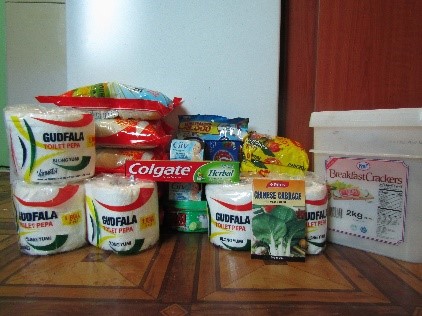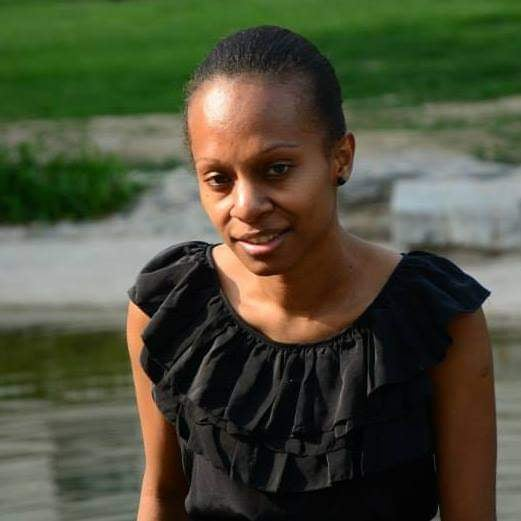This blog post is the fourth part of a four-blog series that shares the UNDP Accelerator Lab-Pacific learning cycle journeys in the food security space.
The COVID-19 crisis has knocked many companies off balance. In the food security space, fundamental changes in consumer behaviour, supply chains, and routes to market have also emerged. As we observed, responding to the pandemic has underscored the need to accelerate the adoption of agile and flexible ways of working, as well as transforming the value chain to help out-manoeuvre uncertainty. In-fact the pandemic has tested supply chains like no crisis in recent history.
From the onset of the pandemic, like many parts of the globe, the Pacific had also recorded issues of disruption to food value chains. During the pandemic, we realized that the cost for accessing food at the supermarkets and municipal markets had soared in the region, and there were high risks associated with movement due to COVID-19 restrictions. This was especially the case for low-income consumers who had lost their jobs and those who had limited access to food outlets and needed to travel significantly to access supermarkets and municipal markets.
The Probe
Taking this into consideration, the UNDP Pacific Accelerator Lab embarked on a journey with Isi Kakai- a locally owned food delivery business based out of Port Vila, Vanuatu that provides access to reasonably priced groceries, for minimum wage workers who were facing pay-cuts during the pandemic, and together with Isi kakai we crafted a few hypotheses:
- Can private sector networks be a possible solution for integrating supply chains and food supply disaster?
- Can home delivered food packs be a sound way of delivering value to low-income groups post disaster?
- Can private sector entities fill the gaps of food supply chains disrupted by COVID-19?
Isi Kakai team delivers grocery packs to be handed to teachers and staff members of the Vila East School. (Photo: Rebecca Bogiri)
Killing many birds with one stone
Isi Kakai is owned by Rebecca Bogiri, the innovator behind the idea of re-purposing the food supply chain in Port Vila in Vanuatu. She is also a business incubee with the V-Lab. The idea behind the experiment was to test if an existing supply chain could be re-purposed to provide home delivered food packs - emergency food supplies to low-income communities. We also wanted to see if the learnings from it could help engage private sector organizations especially logistics companies for assistance in emergency disaster relief, food supply and the building of new supply chains.
We also explored if an intervention of this nature could prove as an effective measure to increase the availability of affordable food, reduce the degree of exposure to the hazards (in our case the global pandemic), and increase the ability of low-income households to cope.
1500 vatu pack (Photo: Rebecca Bogiri)
2500 vatu pack
3500 vatu pack
.
Rebecca Bogiri of Isi Kakai
“Isi Kakai has motivated other businesses to enter this space also…there are already two new businesses selling food packages within Port Vila as well”
“90% of Isi Kakai customers are women and approximately 80% are minimum wage workers, which is why Isi Kaikai is becoming an increasingly high demand for families, since the food packs are low-priced and delivered right to the customers’ doorsteps”
We conducted post experiment surveys with customers of Isi Kakai. Firstly, they were assessed on why they bought the packs. Secondly, a list of factors leading to purchases for understanding the situations, circumstances, and the value proposition was weaved in. In addition, we had to dive deeper and probe more to understand the social and behavioural needs around nutrition and use of the pack to develop the path forward, and measure that against the impact of potential food delivery to households during COVID-19 related lockdowns.
The road to innovation starts with small wins
Apart from the experiment in the food security space, we also managed to innovate the system, in the sense that we were able to gain a footprint outside of Fiji - in Vanuatu. This is despite the internationally imposed COVID-19 restrictions and limitations, and as well motivate and build more innovators and businesses in Port Vila such as Isi Kakai.
Acknowledgement:
Emily Moli, Setaita Tavanabola, and Zainab Kakal of UNDP Pacific Office in Fiji.

 Locations
Locations









